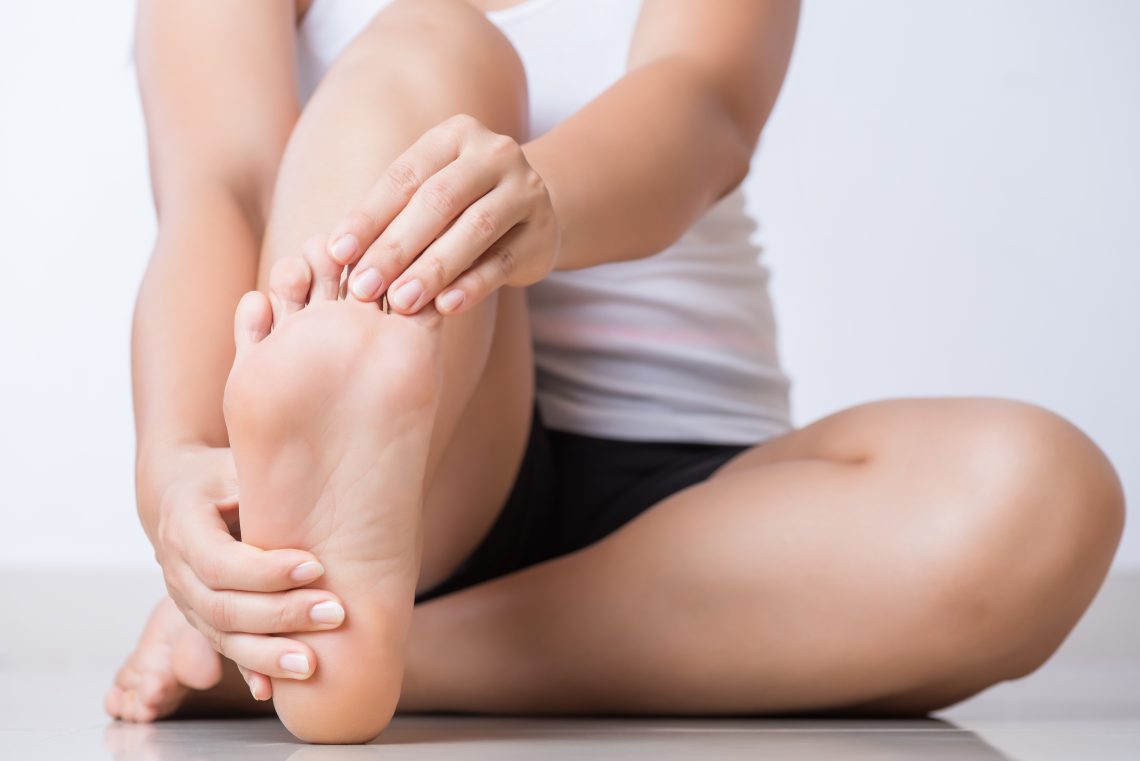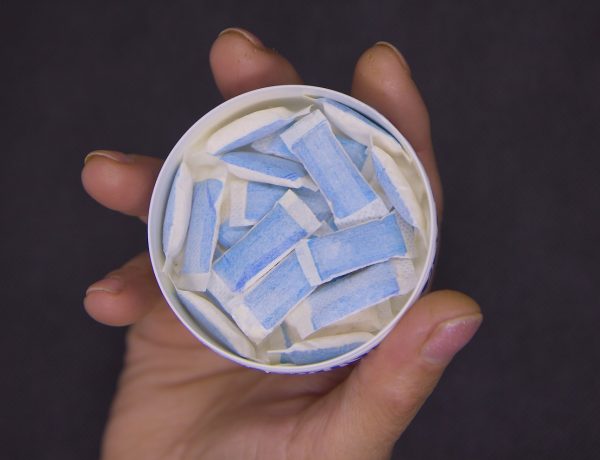Leg swelling can have many possible causes. It could be something as harmless as a sprained ankle or something as dangerous as heart failure. This post delves more into the possible causes, how to treat swollen legs and when to see a doctor.
Fluid buildup
Swollen legs are often the result of fluid buildup (edema). What causes this fluid to build up in the tissue of your legs? Both sitting down for too long and being on your feet for too long are both common causes. However it could also be a health condition such as:
- Pregnancy: Many women experience fluid buildup in the legs during pregnancy. This is usually mild, but can evolve into a more severe condition known as preeclampsia which is caused by high blood pressure causing too much fluid retention.
- Drug side effects: Certain medications can have a reaction in people causing fluid to pool in the legs.
- Liver/kidney disease: Both the liver and kidneys help filter out excess fluids from our blood. If they are not working properly, fluid can build up in areas like the legs.
- DVT: This is when a blood clot develops (usually in the leg), which then causes blood to pool there.
- Heart failure: When the heart is too weak to pump blood around the body, it can pool in areas such as the legs.
Inflammation
Inflammation is our body’s response to an injury or infection. The body increases blood flow to that area and white blood cells pool there to help heal the affected area.
You can usually distinguish inflammation from edema because you will have recently had an injury in the legs that will be sore. That said, gradual joint conditions can also cause inflammation. Some of the most common causes of inflammation in the legs include:
- Arthritis: Gradual wear and tear of cartilage in joints can trigger inflammation.
- Gout: Drinking heavily or eating an unhealthy diet can lead to gout, which is when uric acid crystals build up around joints and cause inflammation.
- Strains/sprains/broken bones: Any acute injury to muscle, bones or joints will cause inflammation. General intense exercise can also cause mild swelling (DOMS).
- Bites and stings: Everything from a mosquito bite to a jellyfish sting will cause inflammation – which is sometimes delayed as a result of infection
How to treat swollen legs
Moving your legs is the best way to reduce leg swelling caused by fluid build-up, as it can help increase circulation and get rid of excess fluids. Various home health products like compression socks can also be used to reduce mild fluid build-up. More serious swelling caused by edema will typically require medication.
When it comes to inflammation, hot and cold treatments are often best for reducing swelling. Using an icepack on injuries that are less than a day old, and consider having a hot bath in the following days to ease inflammation. You can also use anti-inflammatory drugs to reduce swelling. Just be wary that some people can have reactions to anti-inflammatory drugs causing edema – so sometimes anti-inflammatory drugs can be the root cause of swelling in legs.
When to see a doctor
You should see a doctor if the swelling is severe and if it is accompanied by pain. Swelling in one leg is usually more of a concern than in both legs, as it means it is more likely to be an injury or an infection or a clot. See a doctor to confirm what it could be.
Read more health articles at ClichéMag.com
Images provided by Deposit Photos, BingAI, Adobe Stock, Unsplash, Pexels, Pixabay & Creative Commons





